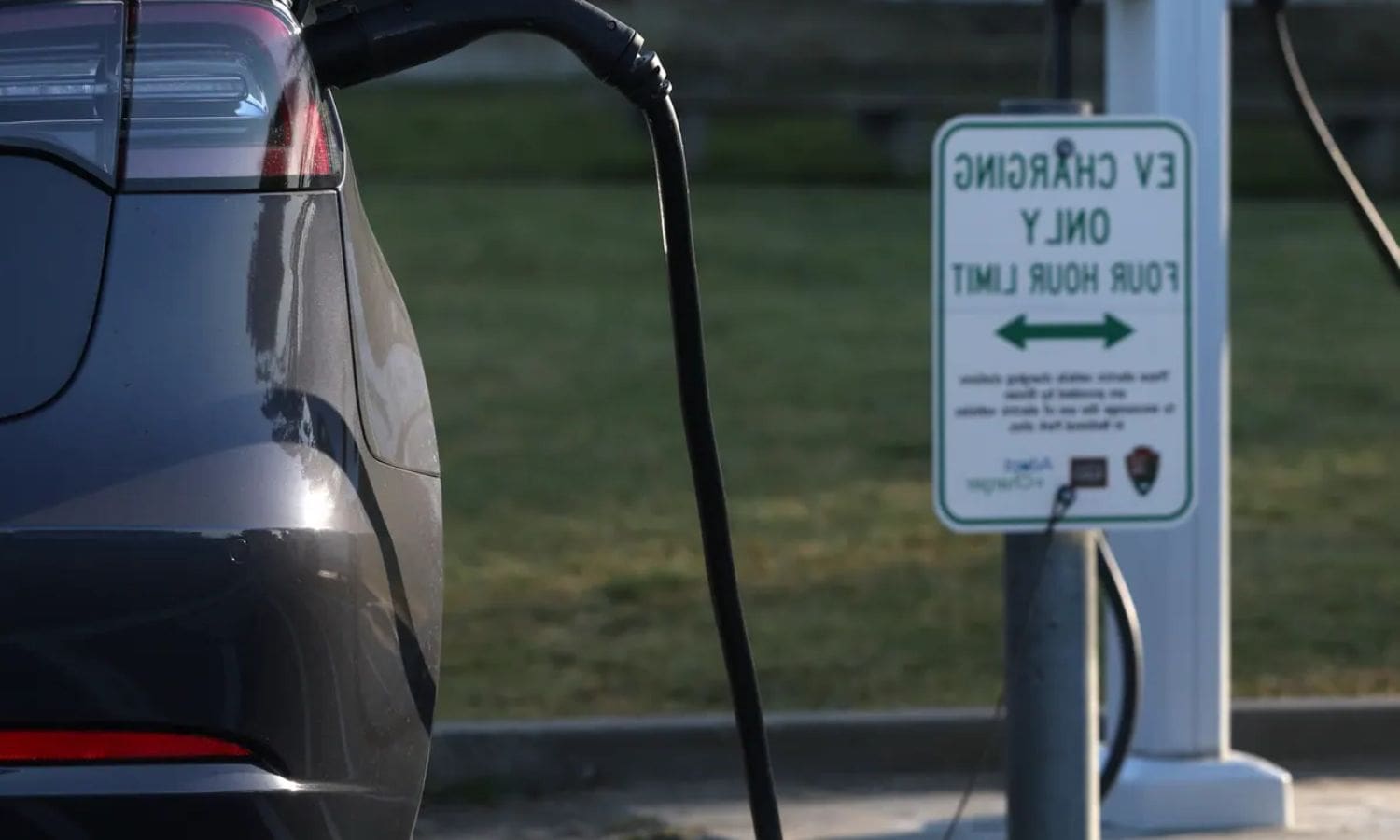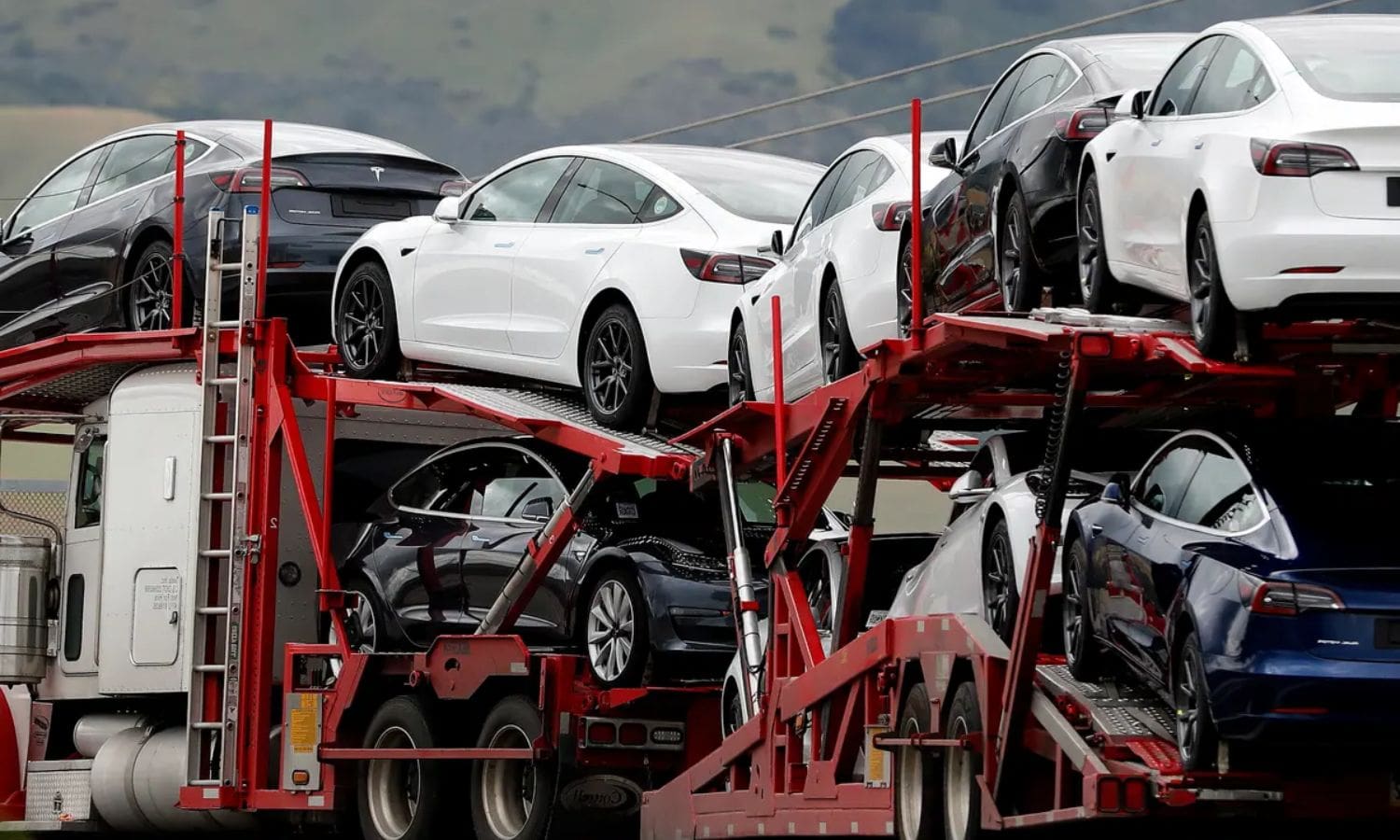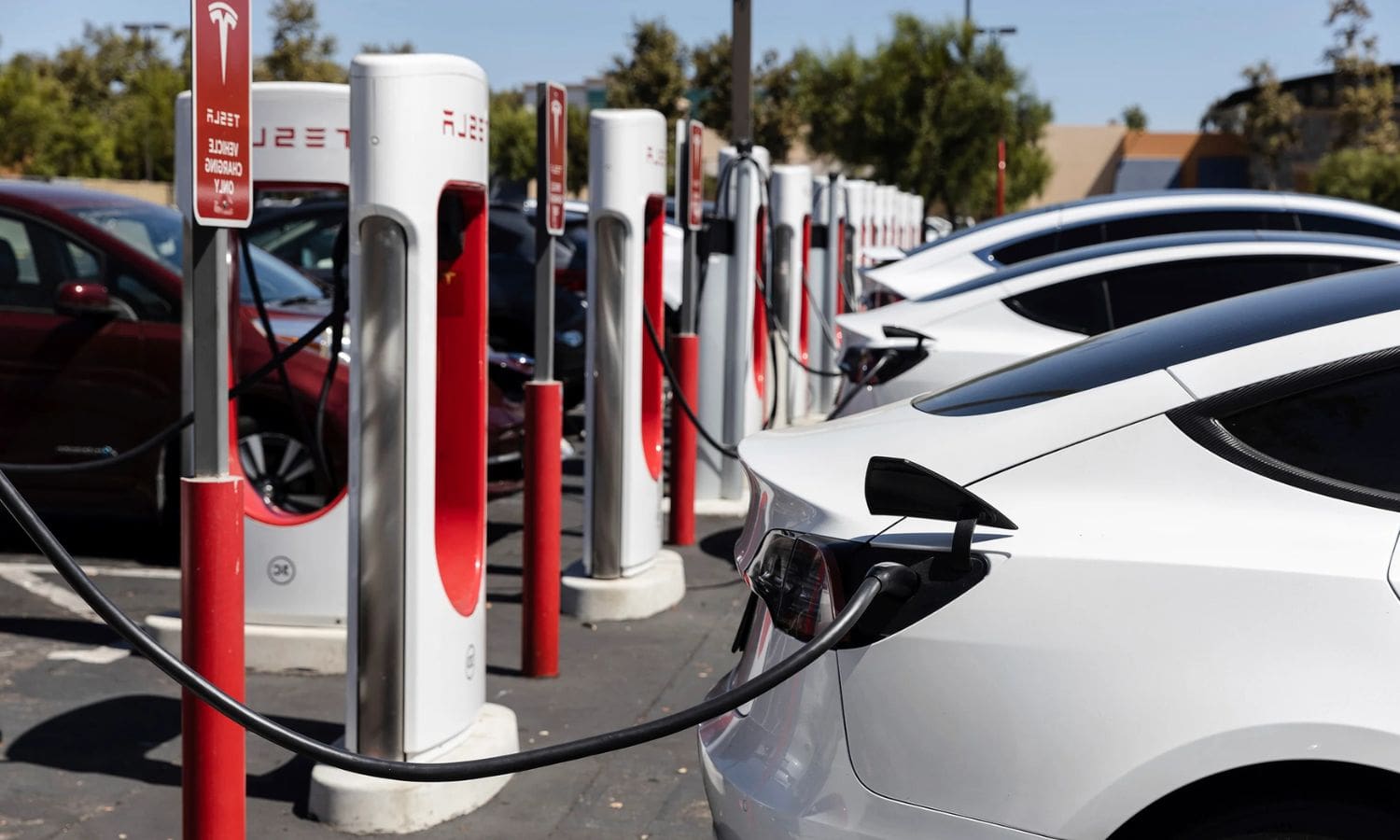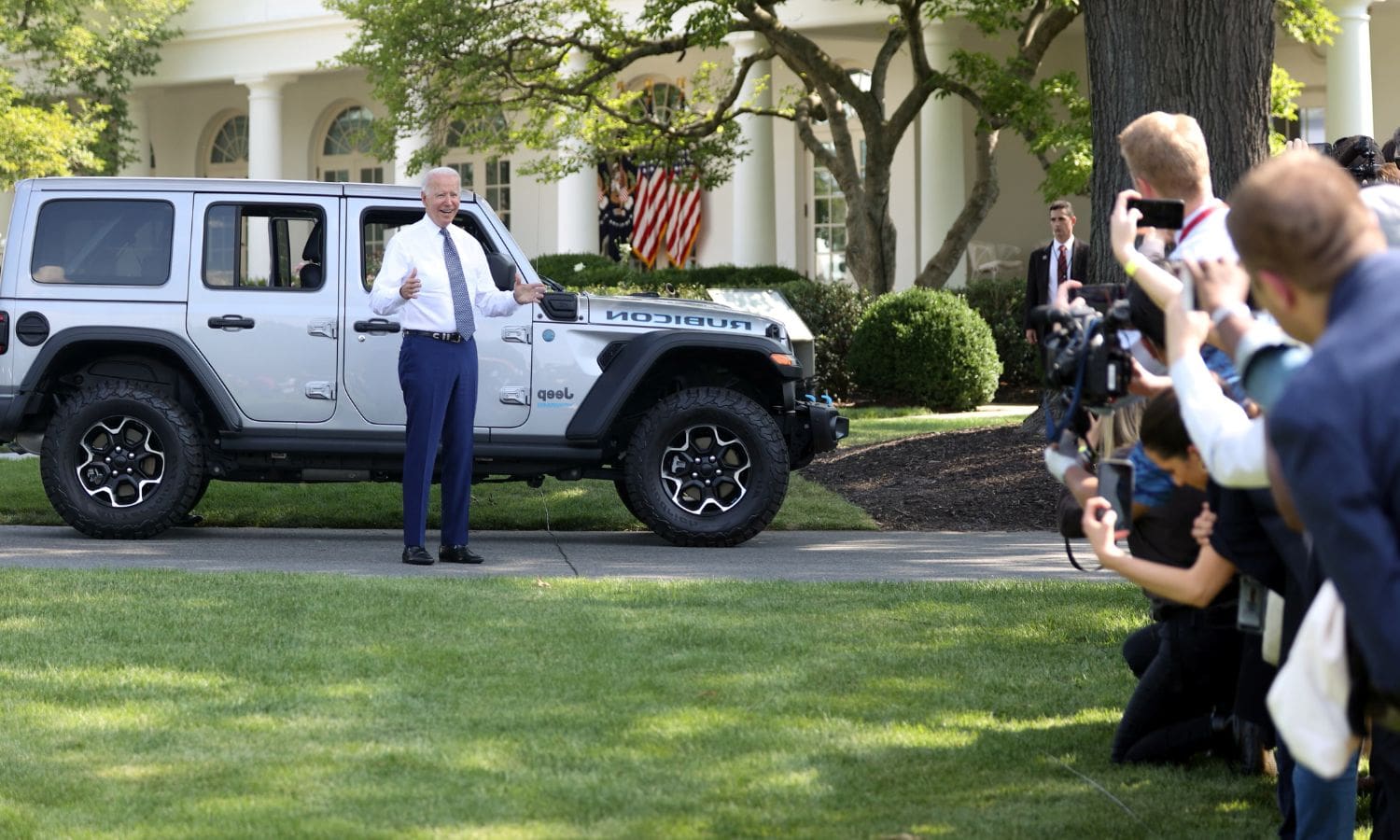Virginia Senate Rescues: In a significant development, the Virginia Senate has recently taken a decisive step towards preserving California-inspired emissions standards.
This article provides an in-depth analysis of the legislative landscape surrounding Virginia’s vehicle emissions standards, including the concerns raised by Republican opposition and the defense articulated by Democrats through the Clean Cars Act.
It also explores the ambitious Zero-Emission Vehicle Program and the criticisms it has faced.
The legislative outcome of the Clean Cars Act, which has been indefinitely passed in committee.
Key Takeaways Of Virginia Senate Rescues
- Virginia Senate is debating the fate of vehicle emissions standards, specifically a bill seeking to repeal the 2021 law linking emissions standards to California.
- Proponents argue for autonomy in setting emissions standards based on unique factors, while opponents argue for alignment with California’s standards to combat climate change and improve air quality.
- Republican opposition to California’s EV laws stems from concerns about the financial burden on consumers and businesses, the reliability and durability of EVs, and potential economic impact on the automobile industry.
- Democrats defend the Clean Cars Act, which aims to address climate change and improve air quality by adopting California’s more stringent emissions standards, stimulating the economy, and aligning with zero-emission goals.
Legislative Landscape: Fate of Virginia’s Vehicle Emissions Standards Debated
The fate of Virginia’s vehicle emissions standards is currently being debated amidst the legislative landscape.
In the 2024 legislative session, a bill seeking to repeal the 2021 law linking the state’s emissions standards to California’s has faced scrutiny in a Senate committee. This bill has sparked a heated debate among lawmakers, environmental advocates, and industry representatives.
Proponents of the repeal argue that the California-inspired emissions standards place an unnecessary burden on the state’s automotive industry and hinder economic growth. They believe that Virginia should have the autonomy to set its own emissions standards based on its unique environmental and economic factors.
On the other hand, opponents argue that aligning with California’s standards is crucial for combating climate change and improving air quality. They assert that stricter emissions standards will lead to cleaner and healthier communities.
As the debate continues, the fate of Virginia’s vehicle emissions standards remains uncertain.
Republican Opposition: Concerns and Arguments Against California’s EV Laws
Republicans have raised concerns and presented arguments against California’s electric vehicle (EV) laws in Virginia. They argue that adopting these laws would lead to higher costs, mechanical issues, and a perceived lack of demand for EVs. Here are five specific concerns and arguments raised by Republicans:
- Costs: Republicans express concerns about the potential financial burden on consumers and businesses if they are required to switch to electric vehicles. They argue that EVs are currently more expensive than traditional gasoline-powered vehicles and that the cost of infrastructure upgrades necessary to support widespread EV adoption would be substantial.
- Mechanical Issues: Republicans highlight concerns about the reliability and durability of EVs, particularly in extreme weather conditions. They argue that batteries may not perform optimally in cold climates and that charging infrastructure may be insufficient in rural areas.
- Lack of Demand: Republicans question the level of consumer demand for EVs in Virginia. They argue that without significant consumer interest, the state’s investment in EV infrastructure and incentives would be wasteful and unnecessary.
- Federal Preemption: Republicans argue that allowing California’s EV laws to be adopted in Virginia would infringe on the state’s rights. They believe that decisions regarding vehicle emissions standards should be made at the federal level, not dictated by individual states.
- Economic Impact: Republicans express concerns about the potential economic impact of transitioning to EVs. They argue that the automobile industry, particularly the fossil fuel sector, could suffer job losses and economic decline if gasoline-powered vehicles are phased out too quickly.
Clean Cars Act: Defense and Rationale from Democrats
Democrats in Virginia present a strong defense and rationale for the Clean Cars Act, highlighting its alignment with the state’s zero-emission goals and commitment to stricter emissions standards.
The Clean Cars Act aims to address climate change and improve air quality by adopting California’s more stringent vehicle emissions standards. Democrats argue that these standards are necessary to reduce greenhouse gas emissions and promote the use of electric vehicles (EVs) in Virginia.
They contend that transitioning to cleaner vehicles will not only contribute to the state’s efforts to combat climate change but also stimulate the economy by creating jobs in the EV industry.
Furthermore, Democrats emphasize that adopting California’s standards allows Virginia to benefit from the expertise and experience of a state that has successfully implemented these regulations for decades.
Also Read: CSU Systemwide Strike: Over 29,000 Employees Consider Walking Off the Job
The Zero-Emission Vehicle Program: Ambitions and Criticisms
Following the defense and rationale presented for the Clean Cars Act, the ambitions and criticisms surrounding the Zero-Emission Vehicle Program come to light. The ZEV program, inspired by California’s initiative, aims to have 100% of new car sales consist of zero-emission vehicles by 2035. While the program has ambitious goals, it has also faced criticism.
Here are five key criticisms:
- Concerns about Virginia’s energy infrastructure and whether it is equipped to support the increased demand for electricity from electric vehicles.
- Doubts about the performance and range of electric vehicles compared to traditional gasoline-powered cars.
- Questions about the environmental impact of battery disposal and the potential hazards associated with the disposal process.
- Worries about the affordability of zero-emission vehicles and whether they will be accessible to all consumers.
- Skepticism regarding the feasibility of achieving the 2035 target given the current state of technology and infrastructure.
Legislative Outcome: Clean Cars Act Indefinitely Passed in Committee
The Clean Cars Act, which aims to implement California-inspired emissions standards in Virginia, has been indefinitely passed in committee by the Democratic-majority Agriculture, Conservation, and Natural Resources committee. This decision effectively terminates the progress of the bill in the current legislative session. The committee voted 8-6 in favor of passing the bill, reflecting the divided opinions on the issue.
The Clean Cars Act had faced both support and opposition during the committee deliberations. Advocates argued that adopting California’s emissions standards would help combat climate change and improve air quality in Virginia. They highlighted the success of California’s program in reducing greenhouse gas emissions and promoting the adoption of electric vehicles. On the other hand, opponents expressed concerns about the potential economic impact on the auto industry and argued that the decision should be left to the federal government.
The indefinite passage of the Clean Cars Act in committee raises questions about the future of California-inspired emissions standards in Virginia. It remains to be seen if the bill will be revived in future legislative sessions or if alternative measures will be pursued to address the issue of vehicle emissions.
| Pros | Cons |
|---|---|
| Reduces greenhouse gas emissions | Potential economic impact on auto industry |
| Improves air quality | Decision should be left to federal government |
| Encourages adoption of electric vehicles | Uncertain future of California-inspired standards |
Conclusion Of Virginia Senate Rescues
The Virginia Senate has passed the Clean Cars Act, which adopts California-inspired vehicle emissions standards. Republican opposition raised concerns and arguments against California’s EV laws, while Democrats defended the Clean Cars Act and provided its rationale.
The Zero-Emission Vehicle Program was also discussed, highlighting its ambitions and criticisms. Ultimately, the Clean Cars Act was indefinitely passed in committee, shaping the legislative landscape of Virginia’s vehicle emissions standards.
Our Reader’s Queries
Q1. Is California going to ban gas cars?
A. California is making strides toward banning the sale of new gasoline-powered vehicles. An August 2022 measure endorsed by the California Air Resources Board mandates that all new cars, SUVs, and pickup trucks sold within the state must produce zero tailpipe emissions by 2035.
Q2. What states follow California emissions?
A. Several states have embraced California’s emissions standards. These states include Colorado, Connecticut, Delaware, Maine, Maryland, Massachusetts, New Jersey, New Mexico (for model year 2011 and later), New York, Nevada, Oregon, Pennsylvania, Rhode Island, Virginia, Vermont, and Washington (for model year 2009 and later). Additionally, the District of Columbia has also adopted these standards.
Q3. What is the 25 year rule in California?
A. Simply put, the USA’s “25-Year Import Rule” regulates the importation of foreign vehicles into the United States. It stipulates thata vehicle must be at least 25 years old before it becomes eligible for import and deemed street-legal for use on American roads.
Q4. What is the largest source of co2 emissions in California?




